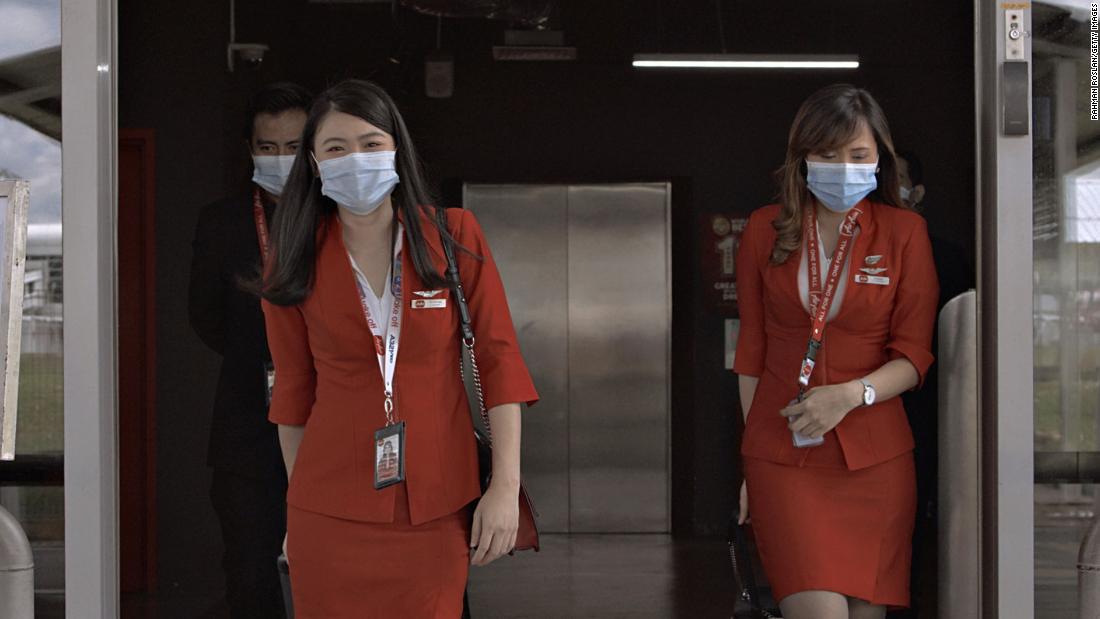“Evidence suggests that the risk of transmission on board aircraft is low,” reads the statement. “Mask-wearing by passengers and crew will reduce the already low risk, while avoiding the dramatic cost increases to air travel that onboard social distancing measures would bring.”
Blocking off specific seats will limit the number of tickets an airline can sell, cutting their already slim profit margins. Meanwhile, widespread mask wearing means every seat can be filled.
“In these conditions, there is no airline which is able to fly and make money on these flights,” IATA’s Director General, Alexandre de Juniac, told CNN’s Richard Quest on a recent episode of “Quest Means Business.”
And the most likely scenario would have those costs passed on to customers in the form of more expensive airline tickets.
“Compared to 2019, air fares would need to go up dramatically — between 43% and 54% depending on the region — just to break even,” the release says.
Instead, IATA is offering up other suggestions for how everyone can stay safe on board once commercial air travel resumes.
These include requiring all cabin crew members and passengers to have their temperatures screened before boarding, limiting movement within the cabin during flight, more intensive deep-cleaning procedures and cutting back on in-flight catering in order to lessen the amount of person-to-person interaction.
Some countries are also taking wide-scale action.
Canadian Transportation Minister Marc Garneau announced a ruling that all airplane passengers on flights to and from the country, including transit passengers who aren’t leaving the airport, will be required to wear some kind of face covering. That policy went into effect on April 20.
CNN’s Scottie Andrew, Marnie Hunter and Amir Vera contributed reporting.
